Menopause isn’t always easy. The effects that come with the hormonal transition can cause a range of symptoms like hot flashes, poor sleep, bone loss, and night sweats. Now, while a healthy diet and other lifestyle habits can help to ease these symptoms, sometimes you need some added assistance, and this can be found in supplements.
Supplements for menopause symptoms
1. Black Cohosh
Native to North America, black cohosh comes from the black cohosh plant, and it’s a popular option amongst individuals looking to manage menopausal symptoms.
A study published in the Journal of Education and Health Promotion found that black cohosh helped to reduce the severity of hot flashes in postmenopausal women. That said, other researchers still aren’t wholly convinced of the plant’s benefits, and they insist that more research is needed to better confirm its efficiency against menopausal symptoms.
If you are keen to try out black cohosh, do note that its side effects can include cramping, headaches, nausea, and an upset stomach. Additionally, if you have liver problems, it would be best to stay clear of the supplement.
Nature’s Bounty Black Cohosh Root Pills
2. Flaxseed
A great source of fiber and omega-3 fatty acids, flaxseed is a great addition to your health. If you’re struggling with menopausal symptoms, flaxseed can help mitigate these symptoms thanks to its lignin content. Lignans are polyphenols found in foods, and they’ve been found to possess hormone-balancing abilities, which can be very useful during menopause.
A 2015 study found that daily supplementation of flaxseed decreased menopausal symptoms and increased quality of life in menopausal women.
However, other published studies have refuted any claims of flaxseed having a beneficial effect on menopausal symptoms.
Now, while the evidence continues to be mixed, there’s no reason why you can’t incorporate flaxseed into your diet as they are a great source of fiber and healthy fats.
3. Calcium
According to statistics, women are more likely to develop osteoporosis as hormonal changes triggered by menopause directly affect bone density. It is important for women to get enough calcium in their bodies. While they can get it from food sources like dairy products, leafy greens, and salmon, supplements can help fill the gap.
Garden of Life Raw Calcium Supplement
Make sure to only take calcium supplements in small doses as taking too much can cause gastrointestinal and heart issues, so try to take it in smaller doses of 500 mg or less.
4. Red Clover
Native to Europe, Asia, and Africa, the red clover is a plant that’s been used for asthma, whopping cough, and in recent years, menopausal symptoms.
The plant is rich in isoflavones – compounds that mimic estrogen and are frequently used to manage hormonal conditions. One study did find red clover to be effective in improving scalp hair and skin status, libido, mood, sleep, and tiredness in postmenopausal women.
Youth&Tonic Her Hormone Balance
Research has found that isoflavones can help reduce hot flashes, but said studies are not concrete enough to draw a definitive conclusion.
5. Vitamin D
Known as the sunshine vitamin because your body produces vitamin D following sun exposure, this vitamin is essential for the absorption of calcium. Without vitamin D, your body can’t absorb calcium and if your body can’t absorb calcium, then that spells trouble for your bones, especially if you’re going through menopause.
(Protective) sun exposure is an effective way to get vitamin D, but you can also turn to supplements. Just make sure not to take too much of it as taking too much vitamin D can raise calcium levels which, if too high, can cause health issues.
6. Magnesium
Be it night sweats, depression, or hot flashes, menopause can make it difficult to get enough sleep. If you’re struggling with getting some shut-eye, it may be advisable to opt for a magnesium supplement.
Nobi Nutrition Magnesium Complex
Magnesium helps to relax muscles, and promote relaxation, which can encourage deeper sleep. Additionally, it’s also been found to combat osteoporosis, which is a huge area of concern for menopausal women.
7. Probiotics
Gut health is so important because the state of your gut can influence your health in a number of ways, including your brain, skin and, you guessed it, hormonal state.
In animal studies, menopause has been found to alter gut health, and any disruption to the gut microbiome is a cause for concern. Probiotics won’t only help to balance the gut microbiome. but they’ve also been found to help manage menopausal symptoms.
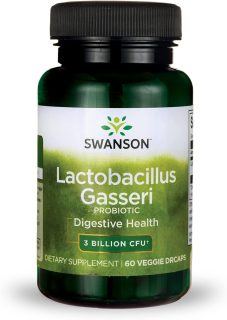
Swanson Lactobacillus Gasseri Probiotic
A 2020 study found that in women dealing with menopausal symptoms, supplementing them with a probiotic helped to improve menopausal symptoms and significantly improve their quality of life.
8. Ashwagandha
The hormonal changes associated with menopause can be very stressful, and it can be hard to manage your emotions when dealing with the different changes.
Ashwagandha is a plant that’s touted as a natural stress reliever. The plant can help you manage the emotions associated with menopause, and research has also indicated that the ashwagandha plant significantly reduced hot flashes and urinary symptoms.
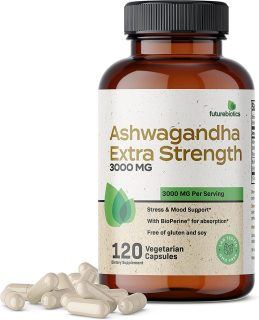
Futurebiotics Ashwagandha Extra Strength Capsules
9. Collagen
With menopause comes changes in collagen levels, with levels of the protein dropping, causing changes in our hair and skin health. Lower levels of collagen can lead to dry and lackluster hair, as well as the formation of fine lines and wrinkles.
The use of collagen supplements can help promote hair and skin health, ensuring that you maintain a youthful appearance even as you go through the change.
Using supplements for menopause symptoms
Supplements can be a great way to manage menopausal symptoms, but it’s important to remember that the FDA does not regulate supplements, so it can be easy to find yourself buying supplements laced with harmful ingredients. Therefore, it’s essential to take precautions when looking to buy supplements. These include:
- Always do your research and make sure that your supplement of choice has research-backed benefits or not. It also helps that the studies aren’t financed by the company manufacturing the supplement.
- Research the brand. Make sure that their products do contain all the ingredients mentioned on the label, and check if their supplements have been tested and verified by any third-party agency.
- Ask your doctor for their opinion before taking any supplements. Women who are experiencing symptoms such as irregular periods, mood swings, or infertility may benefit from getting a women’s hormone test to help diagnose any hormonal imbalances.
References
Becker, S. L., & Manson, J. E. (2020). Menopause, the gut microbiome, and weight gain: correlation or causation?. Menopause (New York, N.Y.), 28(3), 327–331. https://doi.org/10.1097/GME.0000000000001702
Chen, L. R., Ko, N. Y., & Chen, K. H. (2019). Isoflavone Supplements for Menopausal Women: A Systematic Review. Nutrients, 11(11), 2649. https://doi.org/10.3390/nu11112649
Gopal, S., Ajgaonkar, A., Kanchi, P., Kaundinya, A., Thakare, V., Chauhan, S., & Langade, D. (2021). Effect of an ashwagandha (Withania Somnifera) root extract on climacteric symptoms in women during perimenopause: A randomized, double-blind, placebo-controlled study. The journal of obstetrics and gynaecology research, 47(12), 4414–4425. https://doi.org/10.1111/jog.15030
Lipovac, M., Chedraui, P., Gruenhut, C., Gocan, A., Kurz, C., Neuber, B., & Imhof, M. (2011). Effect of Red Clover Isoflavones over Skin, Appendages, and Mucosal Status in Postmenopausal Women. Obstetrics and gynecology international, 2011, 949302. https://doi.org/10.1155/2011/949302
Mehrpooya, M., Rabiee, S., Larki-Harchegani, A., Fallahian, A. M., Moradi, A., Ataei, S., & Javad, M. T. (2018). A comparative study on the effect of “black cohosh” and “evening primrose oil” on menopausal hot flashes. Journal of education and health promotion, 7, 36. https://doi.org/10.4103/jehp.jehp_81_17
Rondanelli, M., Faliva, M. A., Tartara, A., Gasparri, C., Perna, S., Infantino, V., Riva, A., Petrangolini, G., & Peroni, G. (2021). An update on magnesium and bone health. Biometals : an international journal on the role of metal ions in biology, biochemistry, and medicine, 34(4), 715–736. https://doi.org/10.1007/s10534-021-00305-0
Simbalista, R. L., Sauerbronn, A. V., Aldrighi, J. M., & Arêas, J. A. (2010). Consumption of a flaxseed-rich food is not more effective than a placebo in alleviating the climacteric symptoms of postmenopausal women. The Journal of nutrition, 140(2), 293–297. https://doi.org/10.3945/jn.109.113886


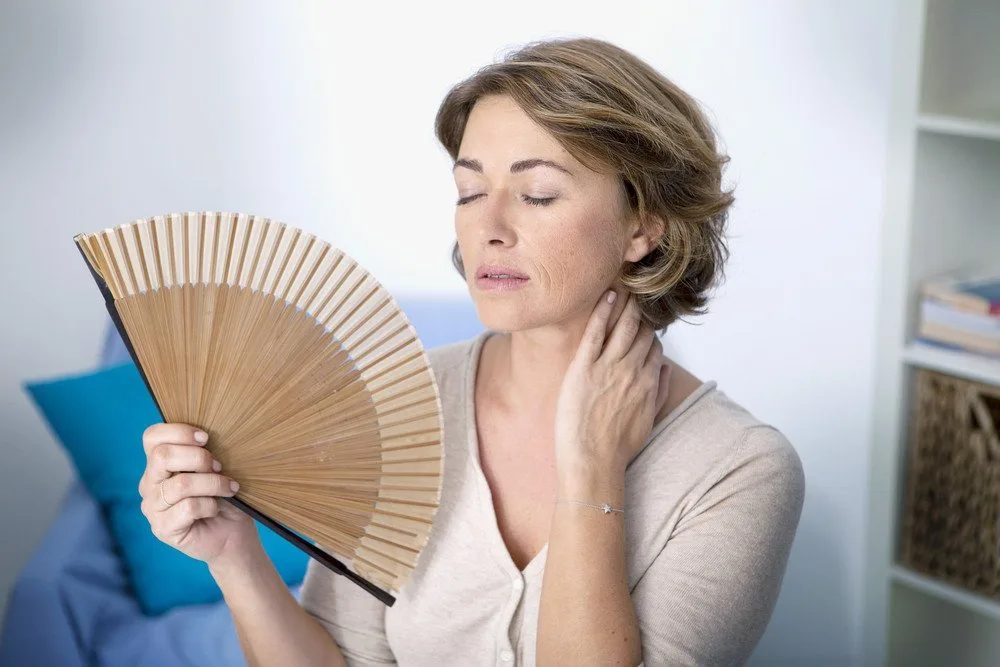
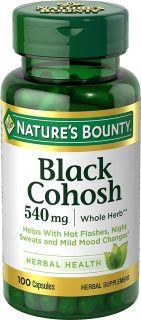
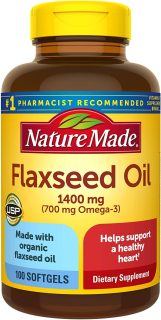
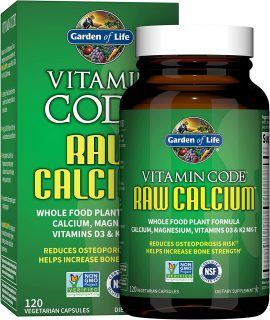
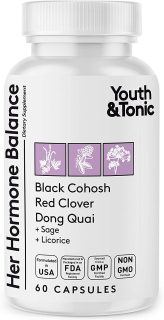
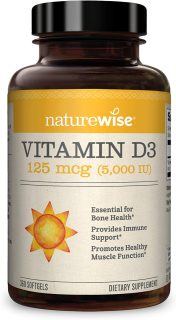
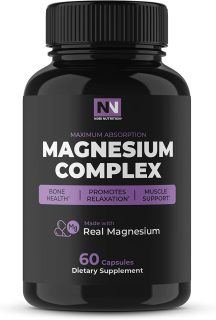
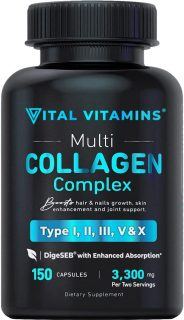
![women [longevity live]](https://longevitylive.com/wp-content/uploads/2020/01/photo-of-women-walking-down-the-street-1116984-100x100.jpg)










